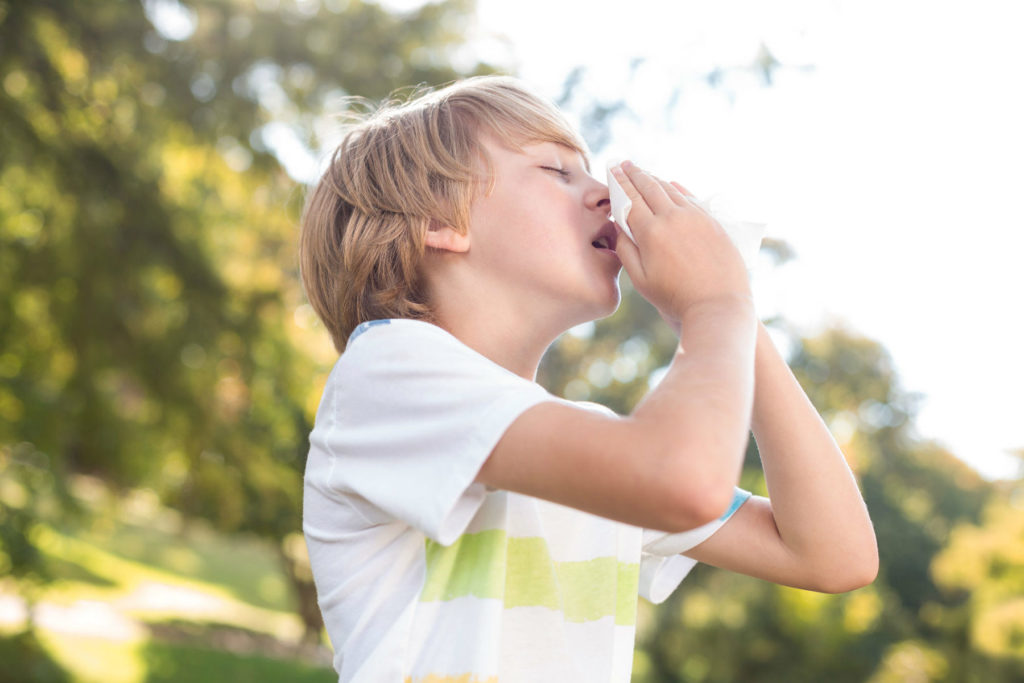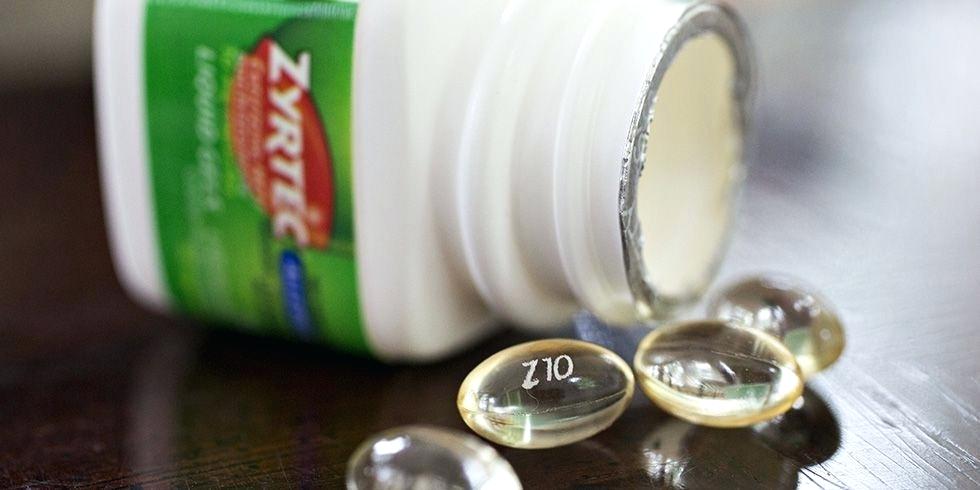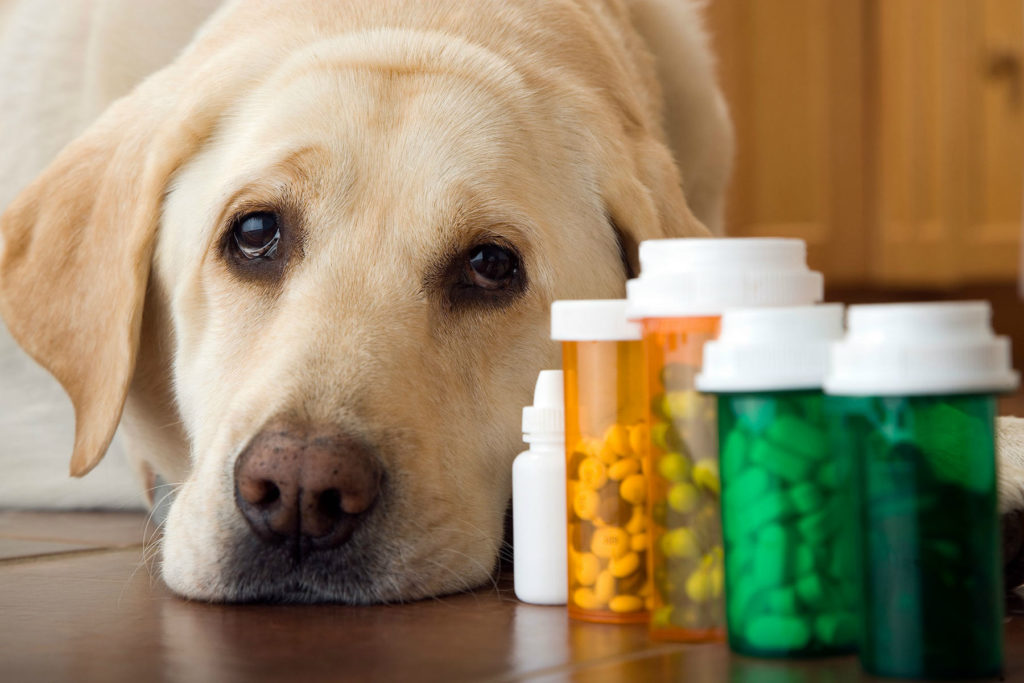Runny nose, congestion, itchy throat, watery or red eyes – welcome to spring, that time of year when the days get warmer and the the flowers are in full bloom but it’s also the peak season of hay fever when one out of five Australians will experience some of these symptoms. Those that suffer can find relieve in hay fever medications such as telfast. Despite it being quite popular, many still remain confused about this medicine. In light of that, let’s debunk some of the most common misconceptions.

Is Telfast an Antihistamine?
Yes. Telfast contains fexofenadine hydrochloride, which is an antihistamine, a drug that can treat allergic reactions that have been caused by dust or pollen. For a very long time antihistamines have been the first go-to treatment for those with mild or occasional hay fever. The way they work is by blocking the effects of histamine. This is a natural substance that your body makes when it comes into contact with the pollen grains because it mistakes the pollen for a dangerous substance. Antihistamines come in several different forms like tablets, capsules, liquid, syrups, eye drops and nasal sprays. You can find telfast in the form of capsules either in physical or online pharmacies. The recommended dosage is one tablet per day and no prescription is needed for getting the medicine.

Can You Take Telfast While Pregnant?
Although most people can safely take antihistamines, there are some instances where it’s best to speak to a pharmacist or healthcare provider for advice, like when you are pregnant. They are able to assess your symptoms and the benefits of taking the medicine against the risk of any side effects. The oral antihistamines like fexofenadine that can be found in the telfast medication seem to be safe to take when pregnant. There are no studies that link fexofenadine with miscarriage, birth defects, premature delivery or low birth weight. Still, you should ask your doctor before using it.

If for any reason you are advised not to use this hay fever medicine, there are other ways to ease your symptoms. You can wear wraparound sunglasses to stop the pollen from getting into your eyes when the pollen count is high. Keeping your windows closed as much as you can and your movement restricted when it’s high pollen day (you can check the daily pollen forecast) is also advisable although we all know how difficult this can be during spring and summer when you want to spend more time outdoors. Rinsing your eyes with water often to remove the pollen can also help.
Can I Take Telfast and Zyrtec Together?

If you are experiencing severe hay fever symptoms, then you might be tempted to take too many antihistamines or take more than just one type of antihistamine. Zyrtec is another brand that can be used to treat the symptoms of hay fever. It contains certizine which is also an antihistamine, therefore it belongs to the same drug category as fexofenadine. If your allergy is particularly bad, then yes, you can take them on the same day as there are no known interactions between these two. But this doesn’t mean that no interactions exist. Therefore, again, it’s best to consult with your health care provider. If you are taking both of them at the same time, there is the risk of therapeutic duplication (consuming unnecessary amounts of medicines with the same effect).
Can Dogs Have Telfast Tablets?

Unfortunately, just as we humans can get hay fever so can our four-legged friends. They can experience this condition in a relatively similar way like us. That is why so many people wonder whether they can use this medicine to treat hay fever symptoms in dogs. If your canine friend is not being actively treated using ketoconazole (used to treat fungal infections) or macrolide antibiotics (that are being utilized for the treatment of bacterial infections), you can give it telfast tablets. The estimated dosage will depend on your dog’s weight, and that is 5-10 mg per kg once daily. The difference though is that unlike humans, in which one antihistamine pill is often sufficient to prevent discomfort, this is not the case with dogs. Treatments that are specially targeted toward dogs can work better, so you should consult your vet who might prescribe eye drops or nasal spray. In severe cases, the vet might also prescribe injections to keep the dog’s allergy symptoms under control.






















